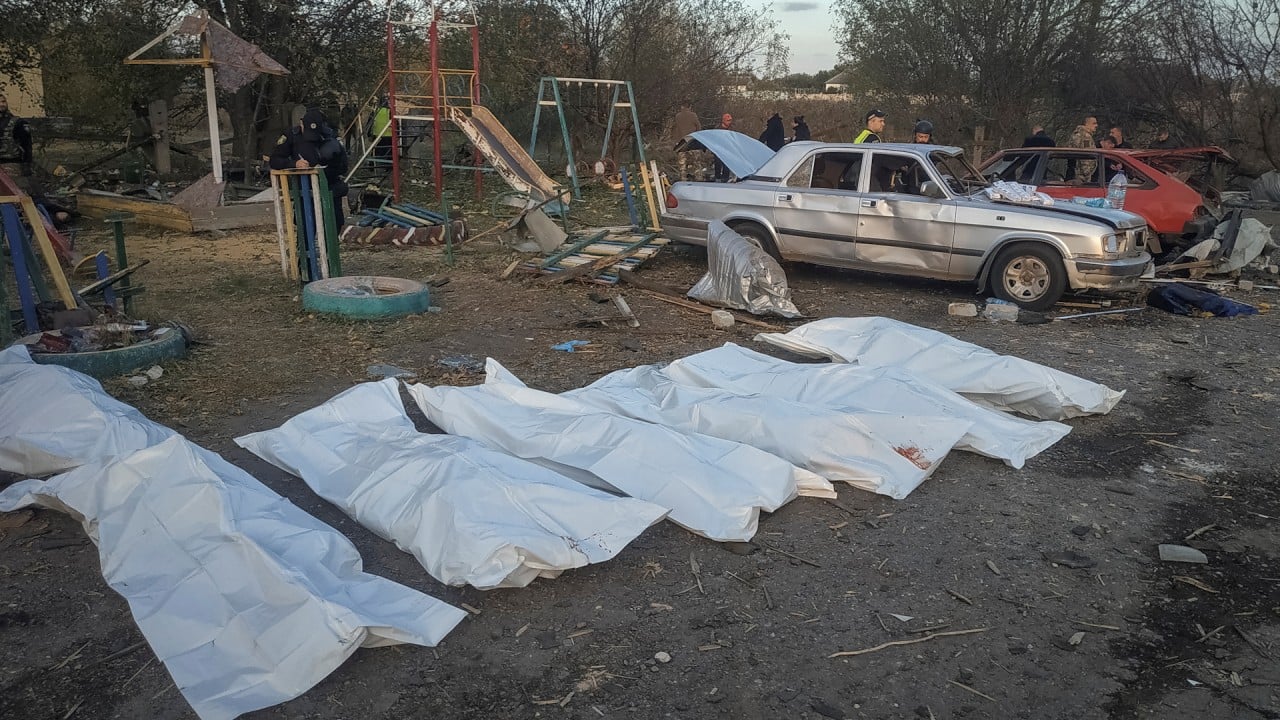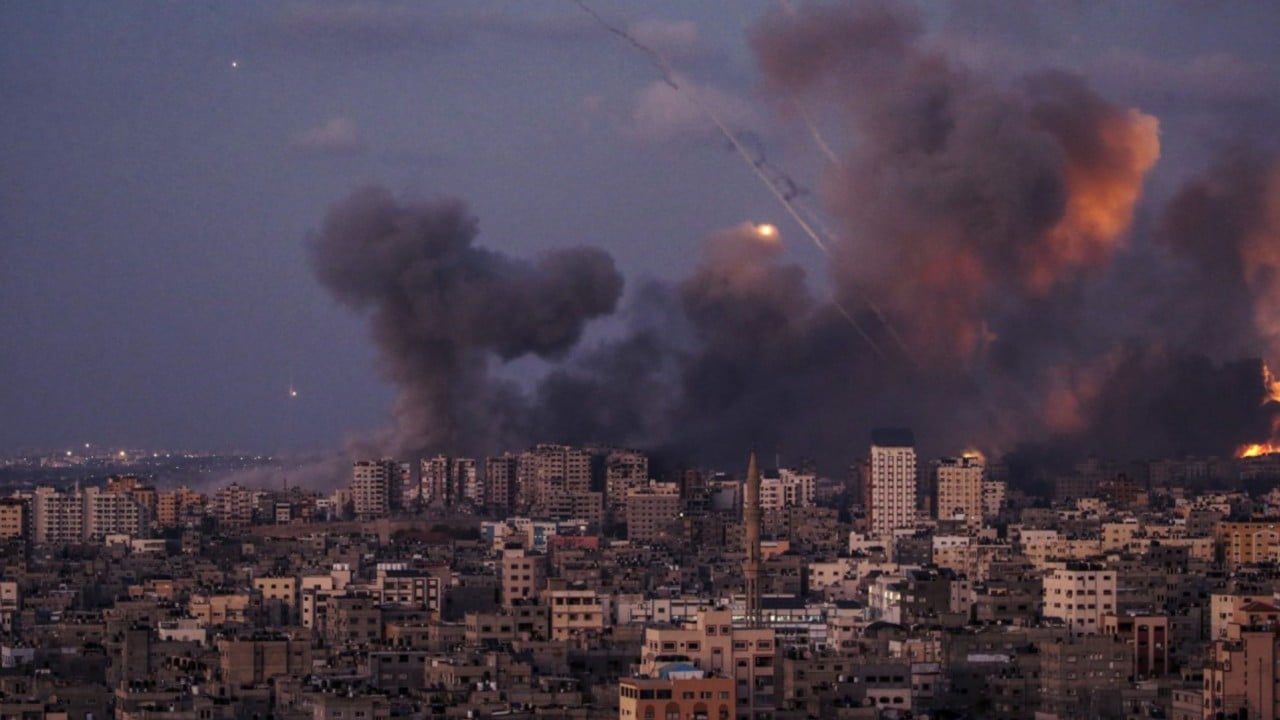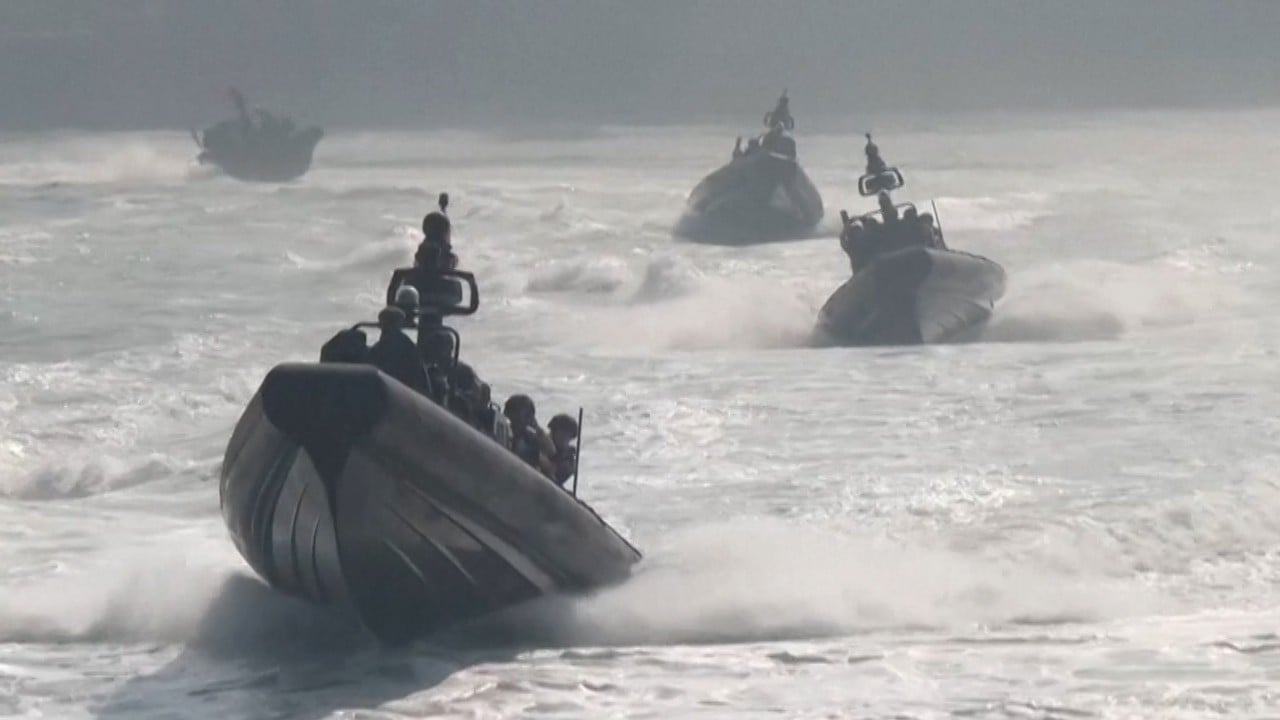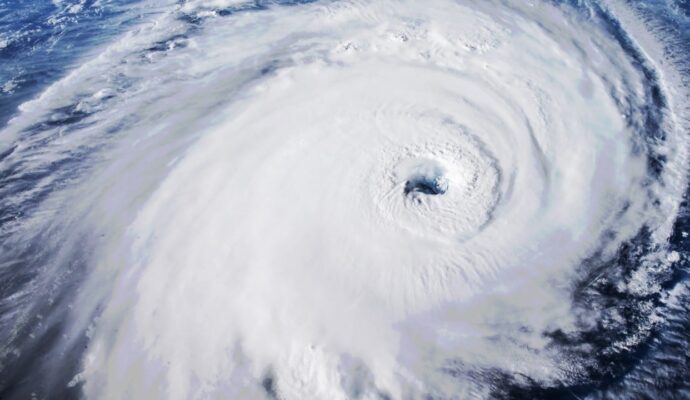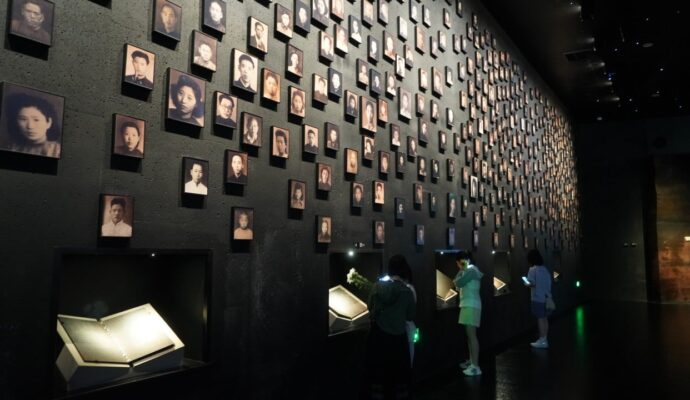On Ukraine, Beijing’s top diplomat said China had been “working relentlessly to promote peace and peace talks”, but there were “not ripe conditions in place for parties to go back to the negotiating table”.
According to Bloomberg, Ukrainian Foreign Minister Dmytro Kuleba was seeking to meet Wang at the Munich event to try and convince Beijing to take part in a Kyiv-backed summit on peace.
Countering criticism of Beijing’s close ties with Moscow, Wang said the relationship was based on “no alliances, no confrontation and not targeting any third party”.
European leaders have frequently pointed to Chinese President Xi Jinping’s regular contacts with Russian counterpart Vladimir Putin since the start of the war, compared with his single telephone call with Ukrainian President Volodymyr Zelensky. They say that Beijing has sent a delegate to only one of a series of Kyiv-backed peace talks.
But Wang said Xi had “in-depth exchanges with world leaders including Russian and Ukrainian leaders” and China’s special envoy, Li Hui, had “travelled intensively to mediate among different parties”.
“The Taiwan question cannot be compared with what’s happening in the Red Sea. The Taiwan question is China’s internal affair … Taiwan is a part of China. It has never been a country,” Wang said.
Turning to the Middle East, he called for a two-state solution in the Israeli-Palestinian conflict, continuing an effort to present Beijing as the leader of the Global South.
“Efforts should be made towards a two-state solution. Only when that is realised can the state of Palestine and the state of Israel live in peace, and with assurance from the international community, can enduring security enjoyed by Israel,” Wang said.
He dismissed concerns about the Chinese economy and warned those considering de-risking that “the world economy is like a big ocean that cannot be cut into isolated lakes”.
“Those who attempt to shut China out in the name of de-risking will make a historical mistake,” Wang said, adding that the “global economy was weighed down by protectionism”.
Asked about fresh allegations of forced labour in the western Chinese region of Xinjiang that have prompted big German companies BASF and Volkswagen to reassess their presence there, Wang gave the claims short shrift.
“We have seen so much fabricated information from different parties,” Wang said. “The so-called forced labour is only a groundless accusation.”
He invited conference attendees to go to Xinjiang, saying it was “open to all that are interested to visit”.
Previously, European diplomats in Beijing have declined invitations to the region because they were not allowed to meet detained members of the Uygur community.
Wang’s midday appearance on the second day of the annual gathering Munich, billed as the “Davos of Defence”, followed addresses by German Chancellor Olaf Scholz and Zelensky.
Amid concerns that a returning Trump would abandon Kyiv if he won the presidential election in November, Zelensky invited the former US president to Ukraine to see the “real war”. “If Mr Trump will come, I am ready to go with him to the front line,” he said.
On Friday, in a whirlwind of diplomacy in the Bavarian city, Wang sat down with counterparts from Britain, the European Union, and the US.
Speaking on the Munich stage after Wang, Blinken said: “We have an obligation to manage that relationship responsibly, and I think that’s something that we hear from countries around the world.”
In separate talks with British Foreign Secretary David Cameron, Wang urged Britain to “properly handle differences and conflicts, and push China-UK relations back to the right track”, according to a Chinese foreign ministry account.
Cameron raised “a number of areas of disagreement, including on human rights in Xinjiang and Hong Kong”, a British readout said.
The former prime minister also raised objections to British lawmakers sanctioned by China and “reiterated his call for the release of British national Jimmy Lai”.
